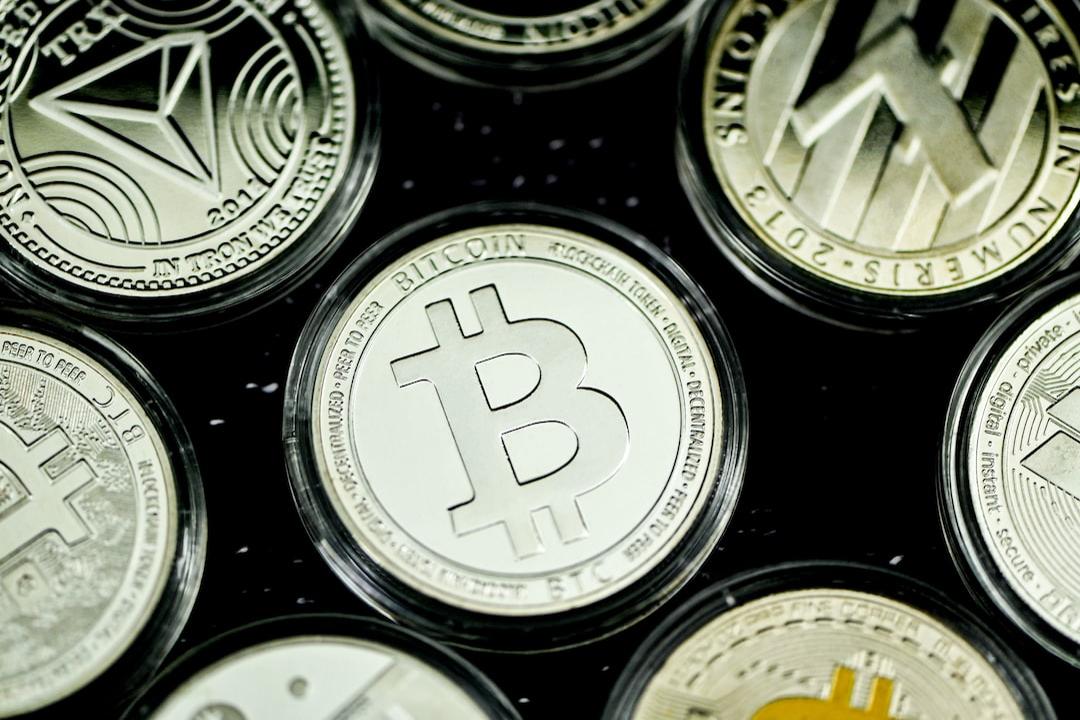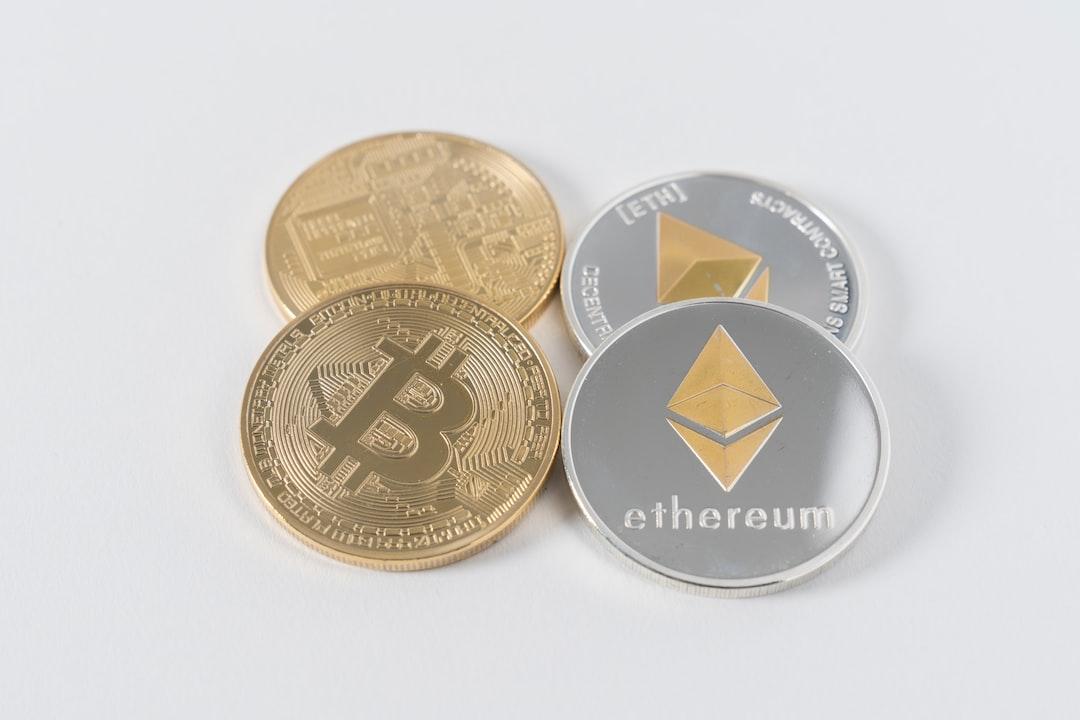Solana’s Latest Governance Votes Reshape Network’s Economic Model
Solana’s latest governance votes have reshaped the network’s economic model, with mixed results for SOL holders.
A proposal to reduce inflation was rejected, while a plan to distribute validator revenue to stakers gained strong approval.
With 74.3% voter participation—the highest in Solana’s history—the attempt to move from a fixed inflation schedule to a market-driven approach failed, securing only 61.4% of the required 66.67% approval.
Proponents argued that lowering inflation would make SOL more scarce and valuable, but critics feared it would hurt smaller stakers relying on rewards.
READ MORE:

Tether Sets Its Sights on Expanding in the Bitcoin Lending Sector
Meanwhile, a separate proposal to establish an on-chain revenue-sharing system for validators passed with nearly 75% support. This change aims to create a more transparent mechanism for distributing staking rewards, replacing informal off-chain incentives.
Solana co-founder Anatoly Yakovenko acknowledged the complexities behind these decisions, highlighting the network’s evolving governance.

Alexander Stefanov




